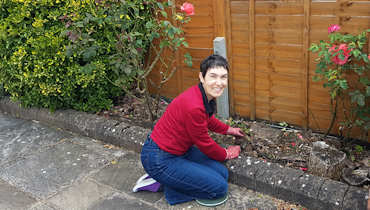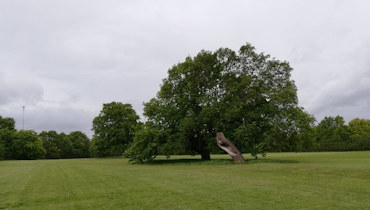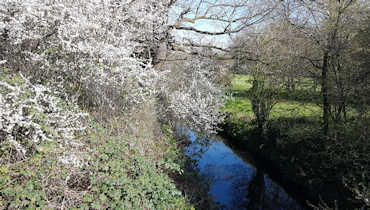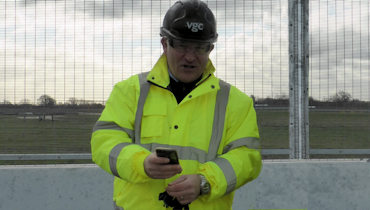14 December 2023
If you would like some support with your mental health
Just as anyone can catch flu, anyone can experience a mental health problem. Dr Phil Cooper of charity State of Mind Sport has written a guest blog for us on ways to improve your mental fitness. Do not suffer alone: there are lots of sources of help and support. Other useful resources For specific issues:
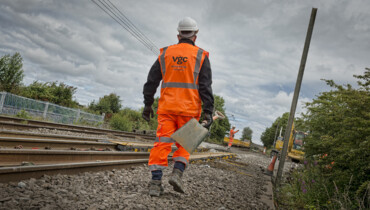
17 May 2022
Help us tackle mental health head on
Construction is an industry that struggles more than most with mental health problems. Research shows that 1 in 4 construction workers contemplate suicide, and male site workers are three times more likely to die by suicide than the average male in the UK. These tragic statistics highlight the need for real change in the construction
13 May 2021
Mental Health Awareness Week
Mental Health Awareness week is to raise awareness and educate the public about mental illness, and strategies for attaining mental wellness.
11 January 2021
Staying well in the new year
Wellbeing champion Fiona Dowling offers some practical steps to improving physical and mental wellbeing as we start the new year.
6 July 2020
Hobbies, music and nature make you happier
Research results show that taking up a hobby, being outside close to nature, and listening to music can all help make people happier.
17 June 2020
Staff mental health survey results
Responses to our mental health survey suggest staff are looking after their mental health by getting fresh air, talking to friends, and taking exercise.
20 May 2020
Keeping mentally healthy - adapting to the new normal
Life is now significantly different to before coronavirus. What may have been looked upon as unusual was, within a matter of days, the new normal.
18 May 2020
Mental Health Awareness Week - a blog by our wellbeing ambassador
For Mental Health Awareness Week, VGC's wellbeing ambassador Fiona Dowling offers tips for getting through these difficult times.
11 May 2020
Staying healthy
As coronavirus becomes the 'new normal', it's easy to settle into unhealthy habits. We've collated some websites with advice on looking after your health.
2 May 2020
Staff mental health survey
Please fill in our staff survey to tell us how you are coping with the coronavirus outbreak. Your answers will help us to support everyone's mental health.
30 April 2020
Sleep tips
COVID-19 has changed life for all of us, and that may have affected your sleeping patterns. We've collated some advice to help you sleep better.
22 April 2020
Coronavirus myths
There is a lot of fake coronavirus news around - some of the myths, and where you can go to find the facts, before you share something that may not be true.



